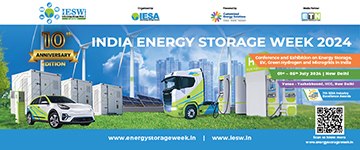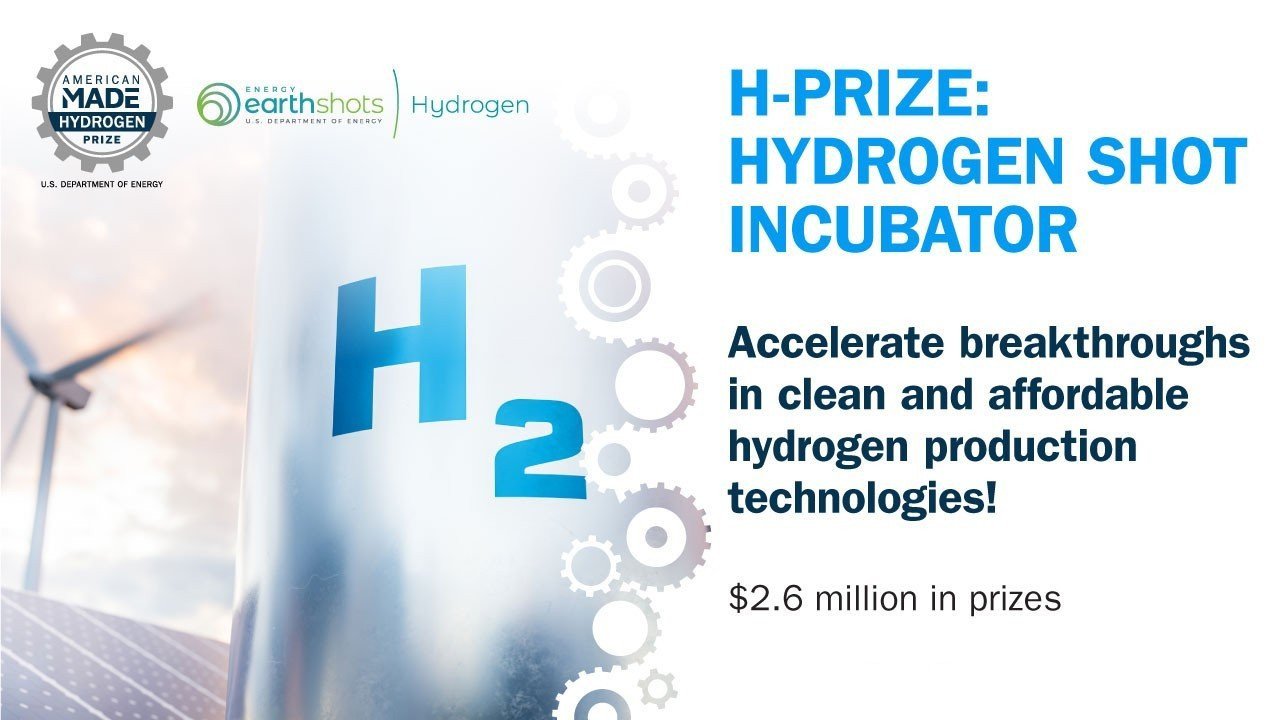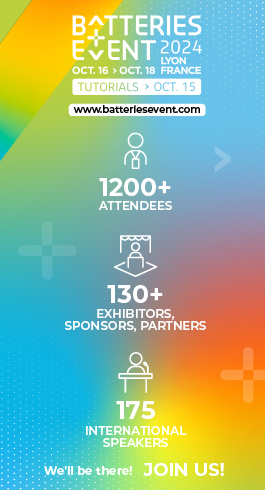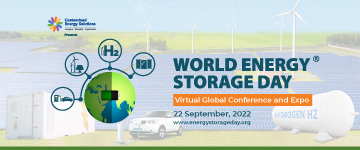US DoE award winners of First Phase of Hydrogen Shot Incubator Prize
The U.S. Department of Energy (DOE) has recently announced the phase one winners of the Hydrogen Shot Incubator Prize - a $2.6 million competition to foster innovative concepts for producing clean hydrogen.
With these awards, nine winning teams will each receive $60,000 for their early-stage concepts for novel hydrogen production technologies. The prizes in the 'Propose!' phase consist of $10,000 in cash, and $50,000 in vouchers for teams to spend at national laboratories to further develop their concepts.
"These winning proposals embody the ingenuity this novel prize competition aims to inspire, and their concepts may soon unlock the tremendous potential for clean hydrogen production," said Alejandro Moreno, Acting Assistant Secretary for Energy Efficiency and Renewable Energy. "I am eagerly looking forward to the next phase of the competition and watching these innovative ideas reach their full potential."
In the next phase 'Prove!', teams will develop their concepts and designs with the help of national laboratory experts. Submissions will include a plan with preliminary designs for a laboratory-scale demonstration, along with techno-economic and emissions analyses to validate the proposed concepts.
Winners in the next phase will receive $300,000 in national laboratory vouchers, along with $100,000 in cash to support their demonstration efforts in preparation for a Pitch Day with potential investors and commercial partners.
The winners of the first phase and their proposed concepts are as following:
- BoMax Hydrogen (Sanford, FL)—a system that integrates light-activated nanoparticles with an enzyme to produce clean hydrogen from sunlight.
- Gold Hydrogen Team (Houston, TX)—a process using dark fermentation to biologically produce hydrogen in spent oil wells.
- Electro-Active Hydrogen (Knoxville, TN)—a system that integrates solar energy with algal hydrothermal liquefaction and microbial electrolysis to generate clean hydrogen, leveraging the chemical energy from organic matter.
- Evolve Hydrogen Inc. (East Northport, NY)—a novel electrolyzer system design that can use seawater as a feedstock without the need for precious metal materials.
- H3 (Palo Alto, CA)—a system that integrates high-temperature solid oxide electrolyzers with thermal energy storage to enable continuous hydrogen production even when using intermittent renewable resources.
- Biomass Super Gasifier (Indianapolis, IN)—an indirectly-heated pyrolytic gasification process to convert carbon-based feedstocks into syngas from which hydrogen can be extracted—with the remaining syngas used in a solid oxide fuel cell to generate power to run the system.
- NX Fuels Inc. (Ann Arbor, MI)—a technology that harnesses sunlight to produce hydrogen from seawater using a photoelectrochemical process.
- PAX H2(O) (Richmond, CA)—a technology that could reduce the capital and operating expenses of an electrolysis system by producing clean water using waste heat from the electrolyzer.
- The Hope Group (Lubbock, TX)—in-situ microwave-assisted catalytic heating to crack methane and generate hydrogen directly from depleted natural gas reservoirs.
The prize supports the 'Hydrogen Shot' goal of reducing the cost of producing clean hydrogen to $1 per kilogram within a decade, a keystone of the Biden-Harris administration's decarbonization agenda.
Officially known as the 'American-Made H-Prize: Hydrogen Shot Incubator', the prize is administered by the National Renewable Energy Laboratory, and is led by the DOE Hydrogen and Fuel Cell Technologies Office, with support from the Office of Fossil Energy and Carbon Management.
It is one of the American-Made Prizes, a continually growing portfolio of prize programs from 16 DOE offices, which to date has funded more than $110 million in prizes supporting a wide range of clean energy technology innovations.















